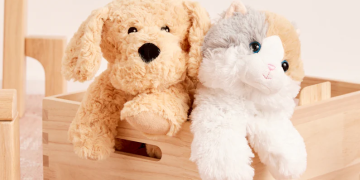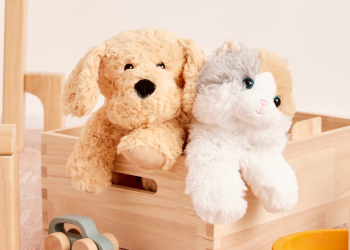Owning a pet is one of life’s most rewarding experiences. These furry, feathered, or scaled companions bring joy, comfort, and love into our lives. However, being a responsible pet owner requires more than just affection. It entails a commitment to ensuring your pet’s overall health, happiness, and well-being. Here, we delve into the essentials of pet care to help you provide the best life for your animal friend.
Understanding Your Pet’s Needs
Every pet has unique requirements depending on its species, breed, and age. While cats and dogs are among the most common pets, birds, reptiles, and small mammals also need specialized care. Start by researching your pet’s specific needs and consulting veterinarians or trusted resources to better understand their dietary, physical, and emotional requirements.
Nutrition and Diet
A balanced diet is crucial for your pet’s health. The type of food, portion size, and feeding schedule should align with your pet’s age, size, and activity level. Premium-quality pet food brands often provide the essential nutrients needed for growth and maintenance. However, it’s equally important to monitor treats and table scraps to avoid overfeeding, which can lead to obesity and related health problems.
For species-specific advice:
- Dogs and Cats: Choose food labeled for their age group (puppy/kitten, adult, or senior) and consider consulting your vet for recommendations.
- Birds: Provide a mix of seeds, pellets, and fresh fruits and vegetables.
- Reptiles: Many reptiles require live food like insects or a mix of greens and proteins, depending on their species.
Regular Health Checkups
Routine visits to the veterinarian are essential for preventive care. Schedule annual exams for your pet to detect and address potential health issues early. Vaccinations, parasite prevention, and dental care should also be part of their healthcare regimen. For pets with chronic conditions or older animals, more frequent checkups might be necessary.
Grooming and Hygiene
Maintaining your pet’s hygiene is vital for their comfort and health. Grooming requirements vary greatly depending on the type and breed of your pet:
- Dogs: Regular baths, nail trims, and brushing help prevent skin issues and matting.
- Cats: While cats are self-groomers, brushing their fur reduces shedding and hairballs.
- Small Animals and Birds: Clean cages regularly to avoid odors and infections.
- Reptiles: Maintain proper tank conditions and clean habitats to prevent disease.
Mental and Physical Stimulation
Pets thrive when their physical and mental needs are met. Lack of stimulation can lead to behavioral problems and depression.
Exercise:
- Dogs benefit from daily walks, play sessions, and activities like agility training.
- Cats enjoy climbing, chasing toys, and interactive play.
- Birds require ample space to fly or climb within their cage.
Enrichment:
- Introduce puzzle feeders and toys.
- Rotate toys periodically to keep your pet engaged.
- Social interactions, either with you or other pets, foster a sense of connection.
Training and Socialization
Behavioral training ensures your pet understands boundaries and behaves appropriately. Start training early using positive reinforcement methods such as treats and praise. Socialization is equally important, especially for dogs, as it helps them adapt to new environments, people, and other animals.
Creating a Safe Environment
Your home should be a sanctuary for your pet. Pet-proof your living space by:
- Storing toxic substances like cleaning supplies, medications, and certain plants out of reach.
- Securing electrical cords and small items that can be swallowed.
- Providing safe spaces where your pet can relax without disturbances.
Emergency Preparedness
Accidents and emergencies can happen at any time. Prepare a pet emergency kit that includes:
- Basic first aid supplies
- Medications
- Contact information for your vet and an emergency clinic
Learn to recognize signs of distress or illness in your pet, such as changes in appetite, behavior, or appearance, and seek veterinary care promptly if needed.
Bonding and Love
Pets are more than just animals; they’re family members. Spend quality time with your pet, whether through cuddling, playing, or simply being present. Building a strong bond not only strengthens your relationship but also promotes your pet’s overall well-being.
Caring for a pet is a journey filled with challenges and rewards. By understanding their needs, prioritizing their health, and providing love and attention, you can ensure that your pet leads a happy, healthy life by your side.












